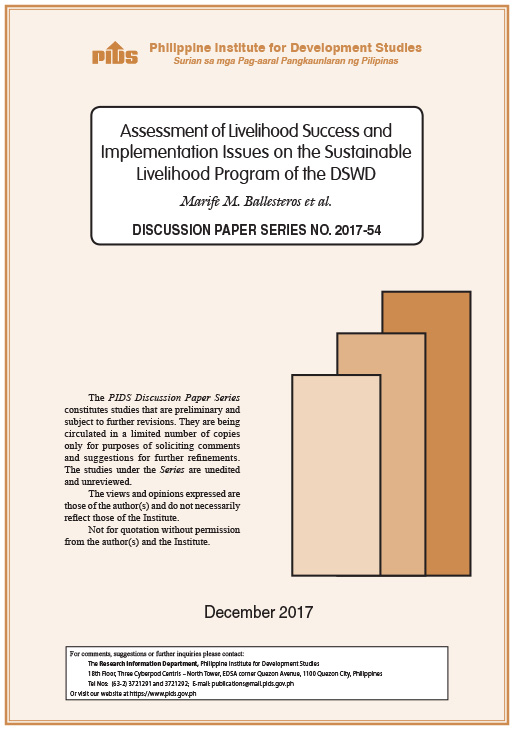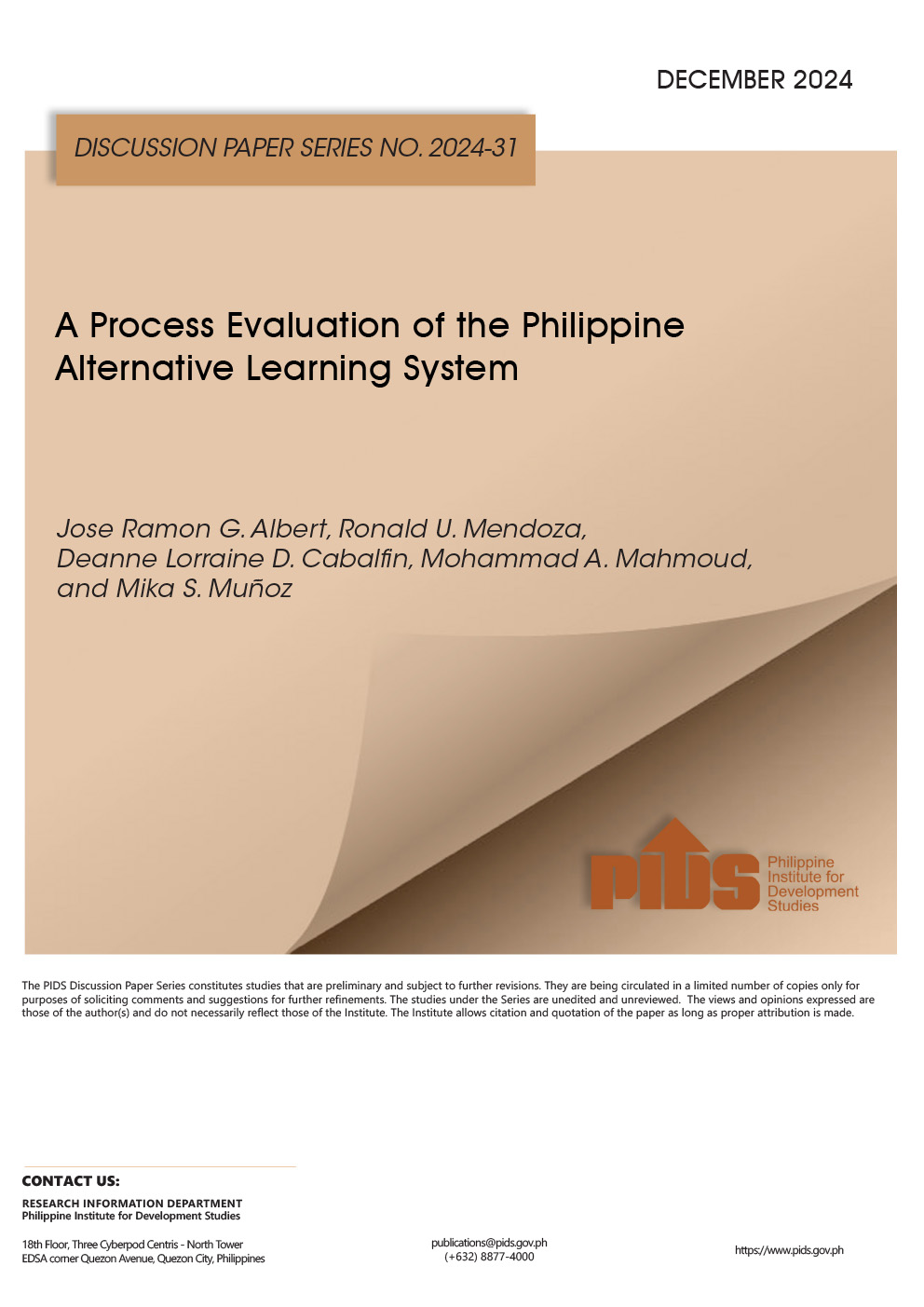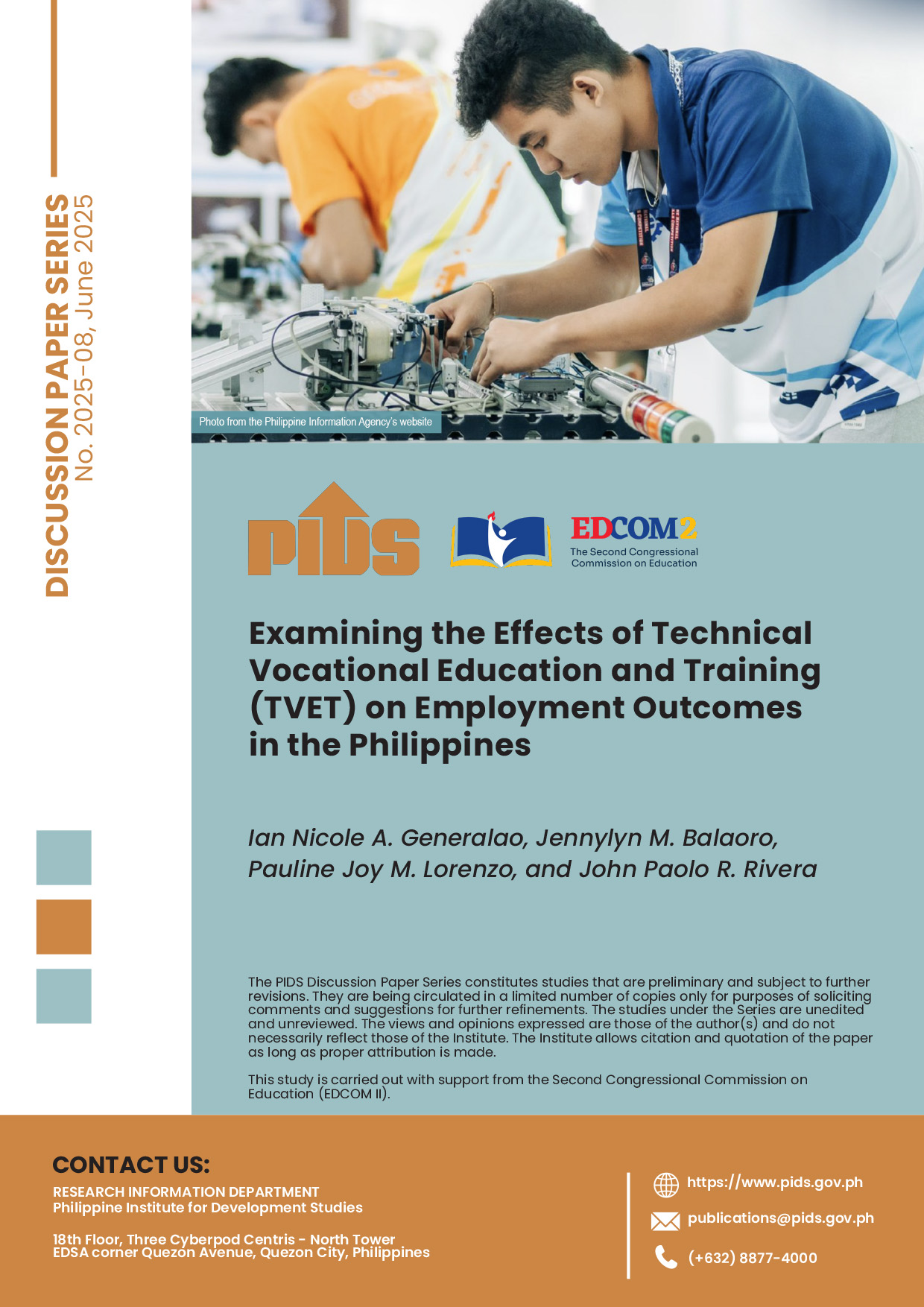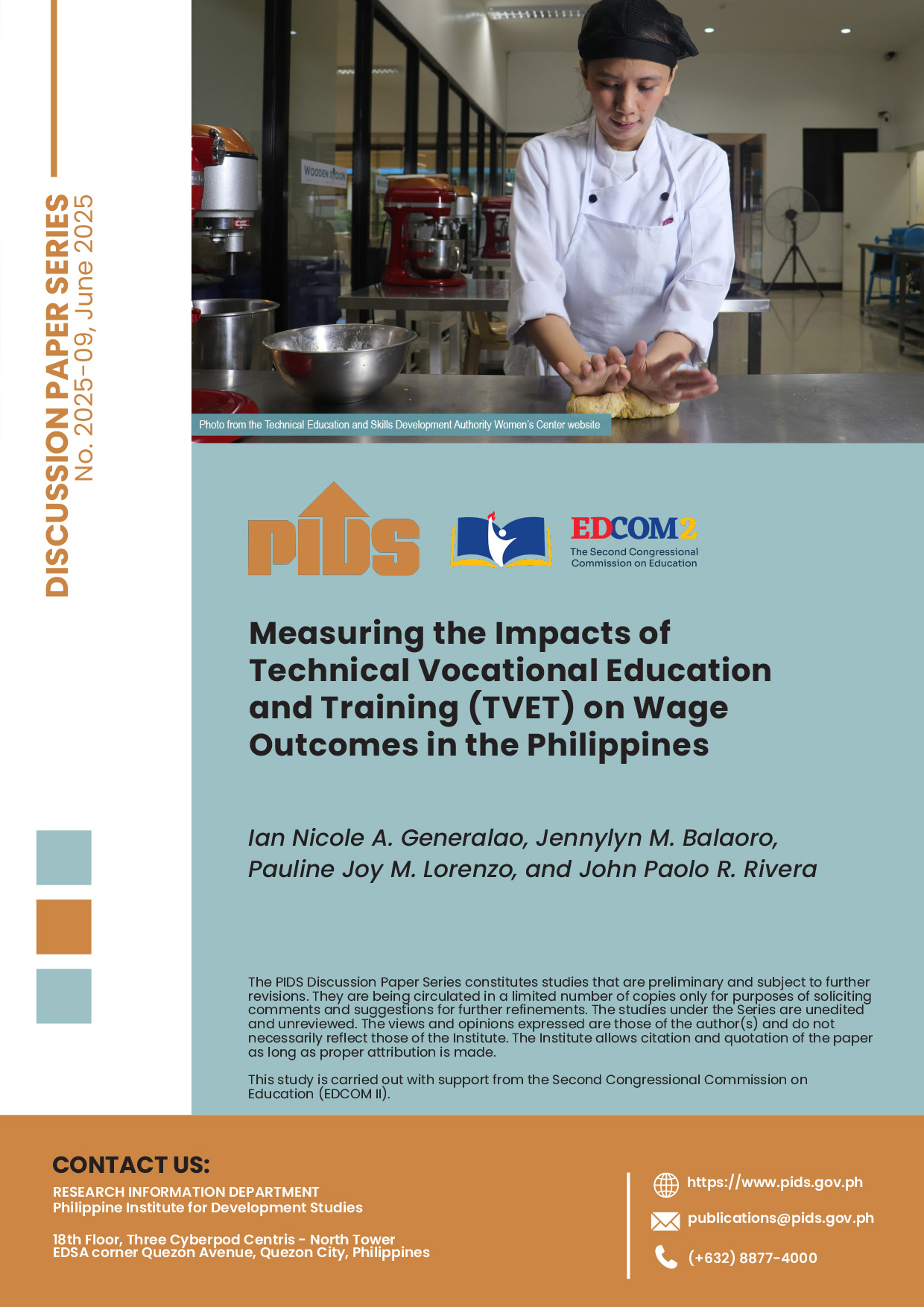The study aims to assess the Sustainable Livelihood Program (SLP) implementation processes based on recent policy enhancements and to determine additional dimensions or indicators of program success. The analysis is based on focus group discussions and key informant interviews, and a survey of a small sample of beneficiaries. Majority of those served by the program have expressed positive results from the SLP intervention particularly when it comes to the skills training. There is a felt improvement in the standard of living experienced from additional household income, business expansion, and a stable source of employment. Other dimensions of success include increased motivation to be productive; better links to employment or that the program provided a form of social protection.
However, beneficiary targeting is poor with parent leaders, their friends and relatives capturing most of the benefits. Delays in project review and approval caused potential beneficiaries to drop out, back out, or find other opportunities. Moreover, the establishment of SLP associations is viewed as a deterrent instead of a mechanism for success. Overall, additional reforms in the delivery of program services is still needed. The reforms should focus on beneficiary targeting and development of characteristic-based assessment tool on beneficiary readiness and capacities. The Department of Social Welfare and Development also needs to examine project review and approval, caseload of project development officers, and issues with regard to social preparation and development of associations. Lastly, an impact evaluation has to be undertaken to provide better evidence of program success.













